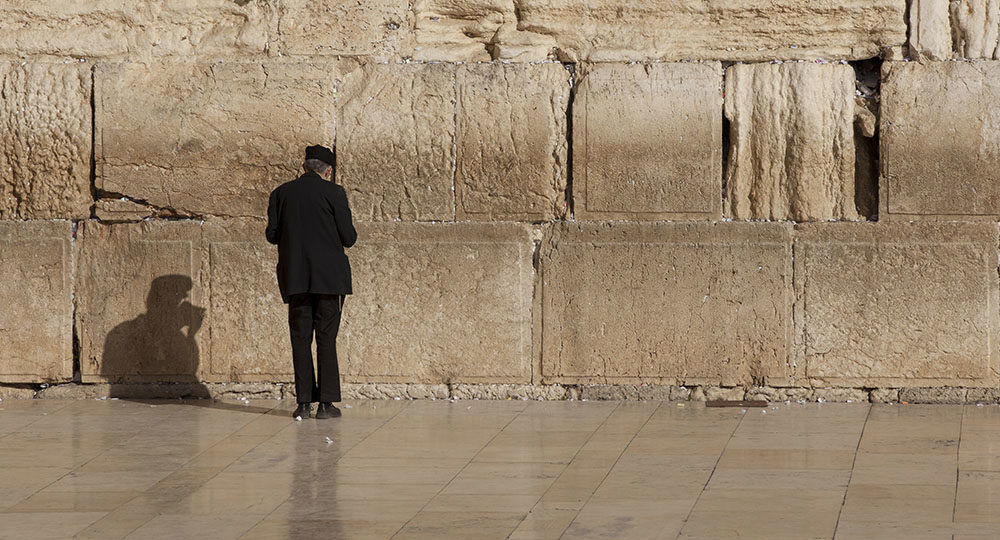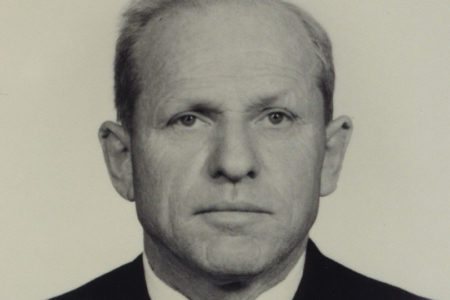Expectancy–Prayer
Jesus’ resurrection confirmed and fulfilled two ancient prayers. Through them, the Jewish people were taught to believe in the hope of resurrection.
The first was an old morning prayer the people of Israel were to recite when they awoke from sleep:
My God, the soul which Thou hast placed in me is pure. Thou hast fashioned it in me; Thou didst breathe it into me, and Thou preservest it within me and Thou wilt one day take it from me and restore it to me in the time to come. So long as the soul is within me I give thanks unto Thee, O Lord, my God, and the God of my fathers, Sovereign of all worlds, Lord of all souls. Blessed art Thou, O Lord, who restorest souls to dead corpses.1
Then three times throughout the day, they recited a set of special prayers known in Hebrew as the Shemoneh Esreh. These 18 benedictions corresponded with the various offerings at the Temple.
The 120 men of the Great Assembly composed the original Shemoneh Esreh in the fifth century B.C. It beautifully frames the essence of Jewish expectancy by praising God for a Redeemer, resurrection, and Messianic Kingdom. Later, in the second century A.D., a prayer was added that condemned the heathen, or heretics, with the intent of weeding Jewish believers in Jesus out of the synagogue.
Nevertheless, that addition in no way diminishes belief in the resurrection as expressed in the second benediction of the Shemoneh Esreh:
Thou, Lord, art mighty to all eternity, Thou raises the dead, Thou art mighty to save. In kindness He satisfieth the living, in great pity he raiseth the dead; He upholdeth those that fall; He healeth the sick, and setteth free them that are bound; He will manifest His faithfulness to those who sleep in the dust. Who is like the Lord of might, and who is like Thee, Thou King, Who killest and makest alive, and causest salvation to spring forth?Faithful art Thou to restore life to the dead: blessed be the Lord Who restoreth life to the dead.2
Reciting these prayers kept the spirit of resurrection expectancy alive. Thus many Jewish people who knew Jesus as Messiah naturally believed He arose from the dead. It was anticipated and expected (Ps. 16:10).
As we celebrate Easter and our Lord’s resurrection from the dead, we would do well to remember that in our afflicted and troubled lives, Christ-centered prayer cultivates a confident expectancy in God’s promises, especially of resurrection hope: “Death is swallowed up in victory. O Death, where is your sting? O Hades [grave], where is your victory?” (1 Cor. 15:54–55).
And we also should remember that, through the resurrection of Israel’s Messiah, we who believe in Him have been born again “to a living hope…to an inheritance incorruptible and undefiled and that does not fade away, reserved in heaven for [us], who are kept by the power of God through faith” (1 Pet. 1:3–5).
ENDNOTES
- The Babylonian Talmud, Berakoth 60b.
- Alfred Edersheim, The History of the Jewish Nation (Grand Rapids: Baker Book House, 1979), 340.







